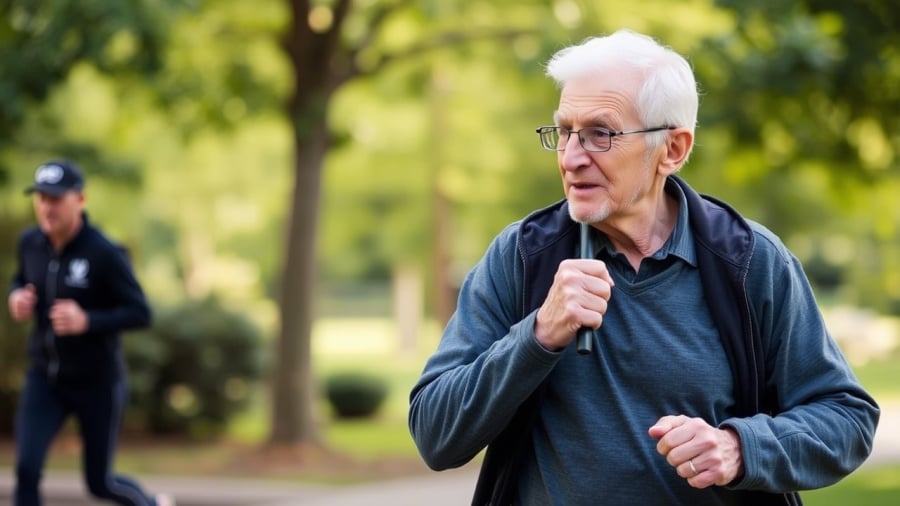Cognitive decline is a leading cause of disability, mortality, and diminished quality of life among older adults, and unfortunately, there is currently no cure. Thus, finding ways to improve brain health for seniors becomes a crucial priority.
There is encouraging news from a recent study published in the Journal of Post-Acute and Long-Term Care Medicine. It suggests that even a minimal amount of weekly exercise can significantly reduce the risk of developing dementia. This finding is especially significant for the elderly, who often struggle to maintain an active lifestyle.

Reducing Dementia Risk with Minimal Weekly Exercise
The research, led by scientists from the Johns Hopkins Bloomberg School of Public Health, analyzed data from nearly 90,000 participants with an average age of 63, provided by the UK Biobank. None of the participants had dementia, stroke, or Parkinson’s disease at the start of the study, and their physical activity levels were monitored using wearable devices.
Over a follow-up period of 4.4 years, on average, 735 individuals developed dementia. Remarkably, the study found that engaging in moderate-to-vigorous physical activity for just 35 minutes per week—equivalent to 5 minutes per day—reduced the risk of dementia by up to 41%. This preventative effect jumped to 60% when activity levels increased to 36 minutes or more per week. For those maintaining physical activity levels of over 140 minutes per week (around 20 minutes per day), the maximum risk reduction reached 69%.
According to the researchers, moderate-to-vigorous physical activities include brisk walking, gardening, dancing, cycling, or swimming. Even gentle activities like slow walking, household chores, or simple seated exercises can provide significant benefits for frail older adults.
This discovery offers new hope for older adults in protecting their brain health and underscores the critical role of regular physical activity in maintaining their quality of life. With just a few minutes of daily exercise, seniors can reduce their risk of dementia and embrace a fuller life.
How Many Minutes of Napping is Enough to Recharge and Boost Your Health?
“Taking a nap is a great way to recharge during the day, but how long should you sleep for optimal health? This is a question on many people’s minds, as they strive to balance their busy schedules with their health and well-being. A quick power nap or a longer slumber – what’s the ideal duration for a midday siesta?”





































